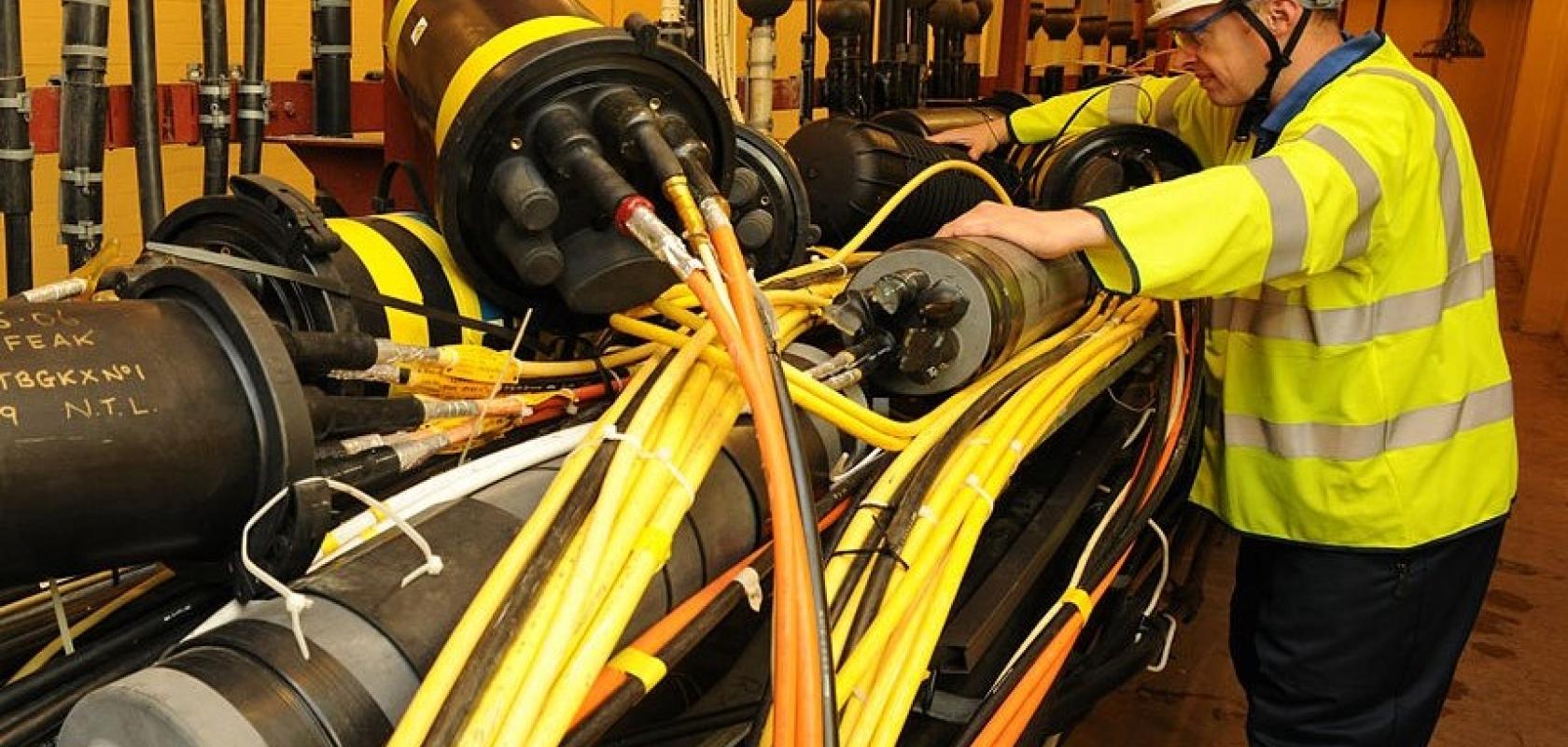UK communications regulator, Ofcom has confirmed its final decisions on reviews of the physical infrastructure market and connections used by business broadband networks.
This sets out how Ofcom will regulate these markets for the period to April 2021, and follows the submission of a draft of these decisions to the European Commission for consultation. Following review, no material changes were made to the draft versions, published in May.
On the issue of access to Openreach's ducts and poles it was confirmed that companies laying high-speed fibre cables for broadband and mobile networks will be able to get greater access to the existing infrastructure. Under rules set by Ofcom last year Openreach is already required to let rival companies use its telegraph poles and underground ‘ducts’ to lay their own fibre networks. But this has historically only been available to those companies focusing on residential and small-business customers. The latest decision extends it to firms serving large businesses, as well as companies laying high-speed lines that support mobile and broadband networks.
Under the Business Connectivity Market Review, the regulator looked at ‘leased lines’ or high-speed data connections used by large organisations, which form the backbone of the UK’s mobile and broadband networks. In a statement, Ofcom said that, in areas of the country where Openreach faces limited competition from other leased-line networks, it will continue to regulate what it can charge providers to use these services, keeping prices flat. Strict requirements have also been placed on Openreach for repairs and installations, to ensure high service standards are delivered.
In many areas there are no rival networks present at Openreach’s exchanges. Even with duct and pole access, network competition is unlikely to emerge for connections from these exchanges. In areas where no rivals currently exist at Openreach’s exchanges, the company will be required to provide a ‘dark fibre’ service. Introducing dark fibre in only these areas will reduce the cost for mobile and broadband operators to connect their networks, without undermining their incentives to lay new, competing fibre cables where it is economic to do so.
Where there is stronger network competition, or prospective competition, Ofcom says that regulation will be lighter than existing rules, in order to allow this competition to flourish. From 2021, the regulator says that it will regulate business and residential markets together, so companies investing in full fibre can offer a range of services over a common underlying network, serving both homes and businesses. It intends to consult in December on detailed proposals for this single wholesale fixed telecoms market review, covering the period 2026.


